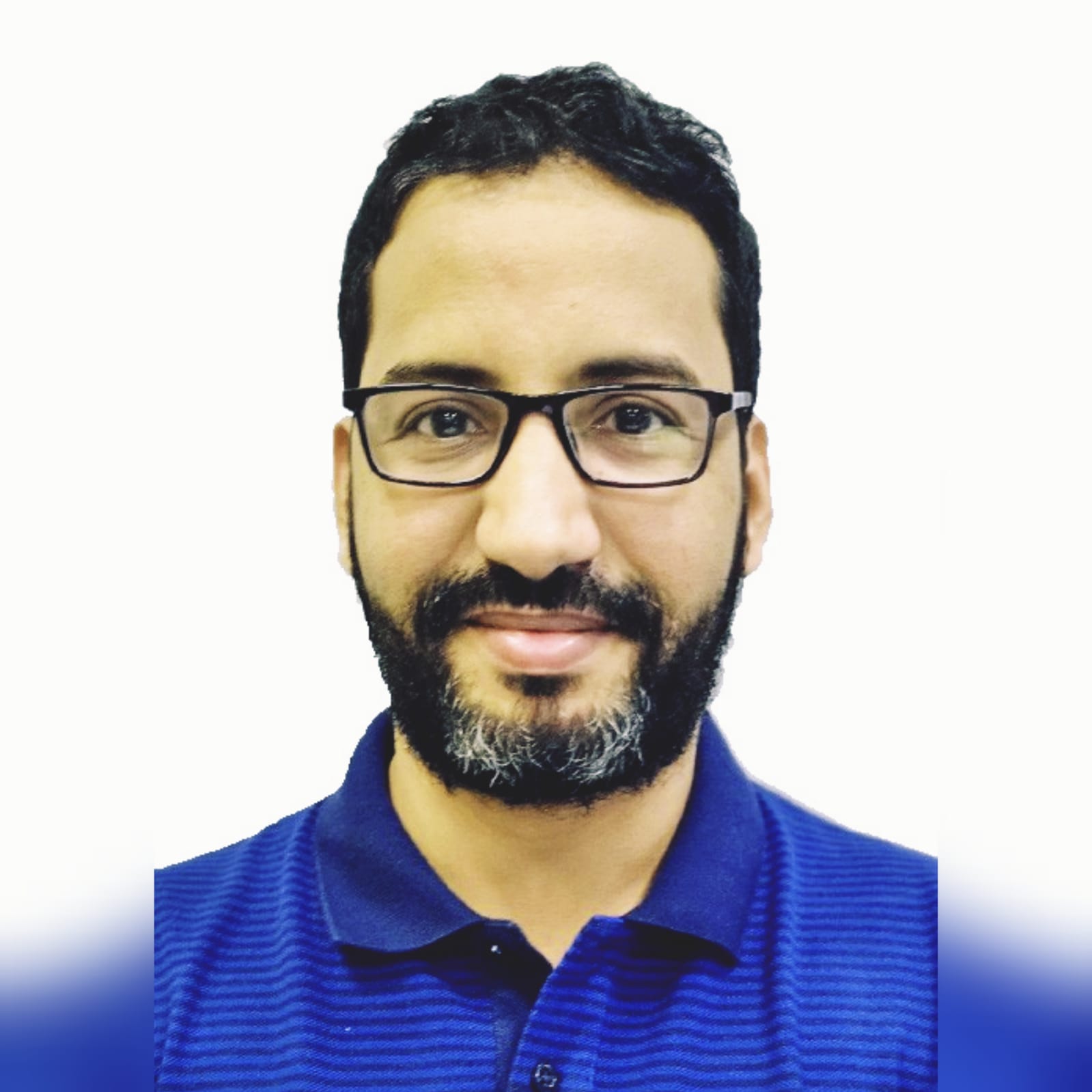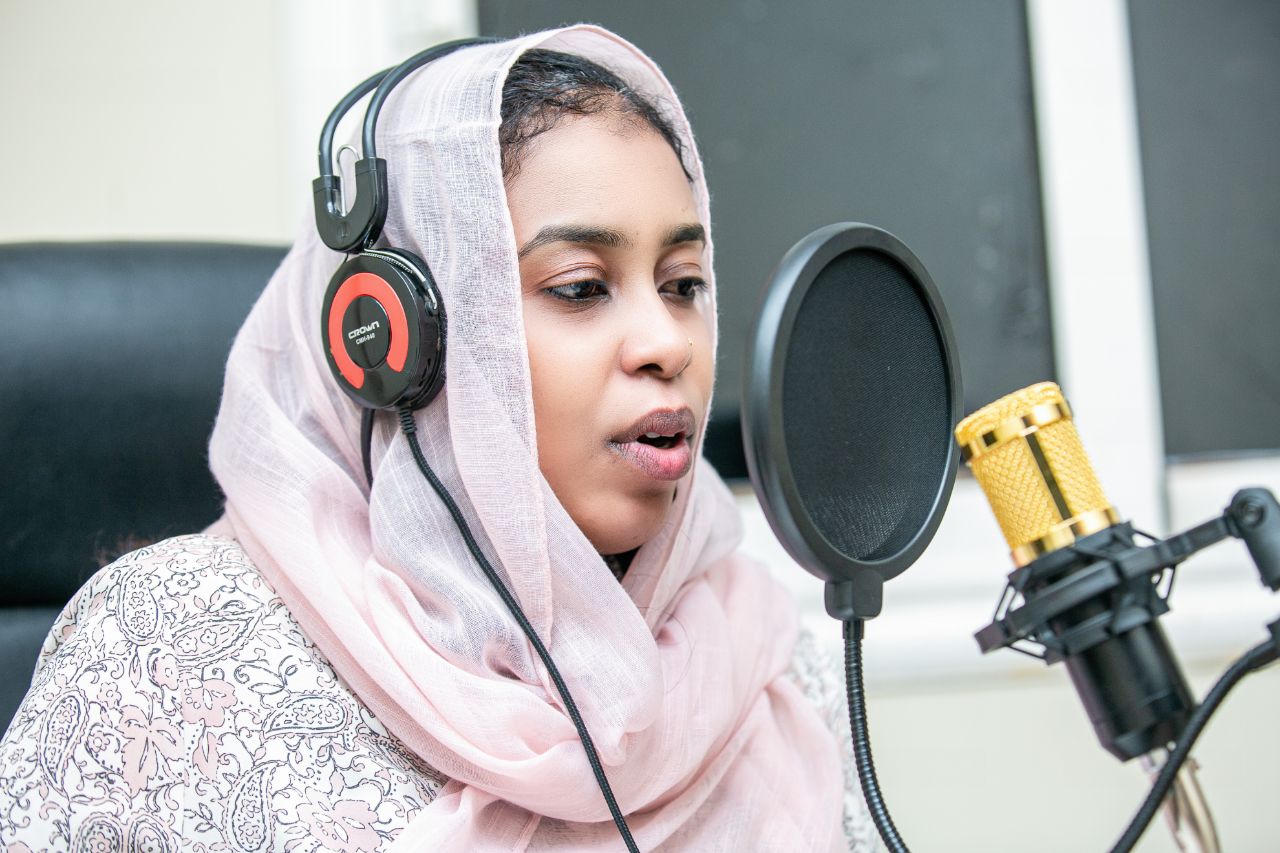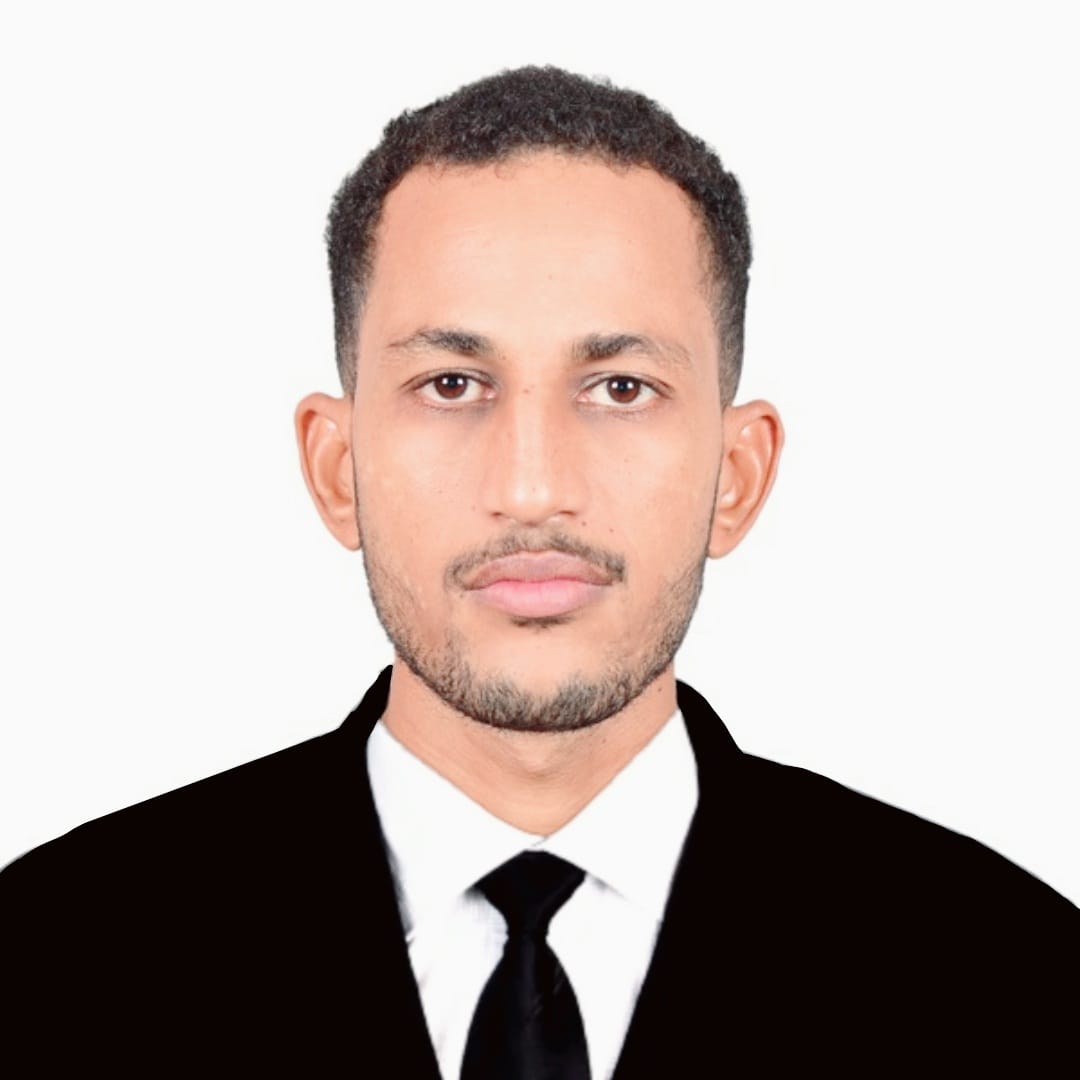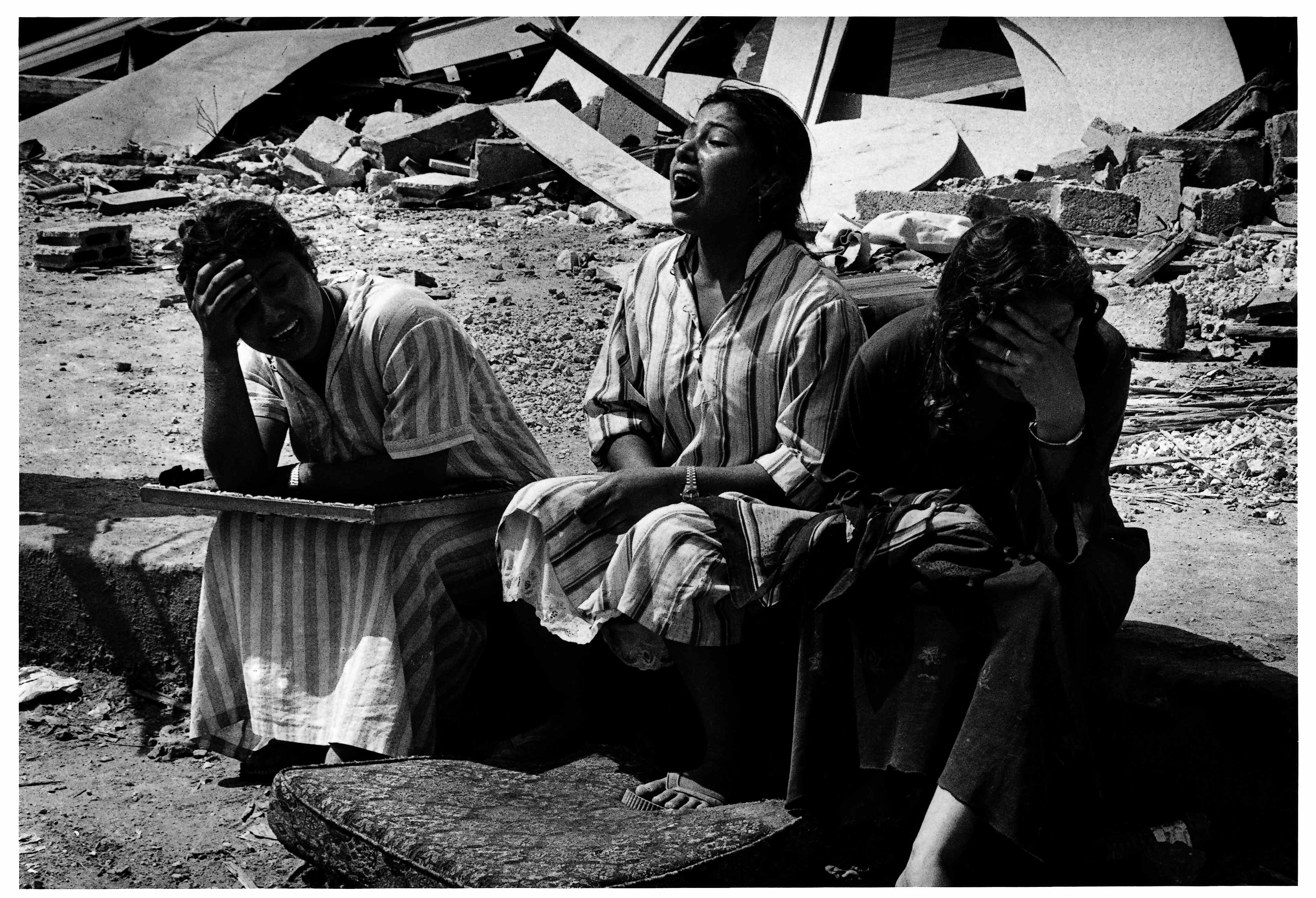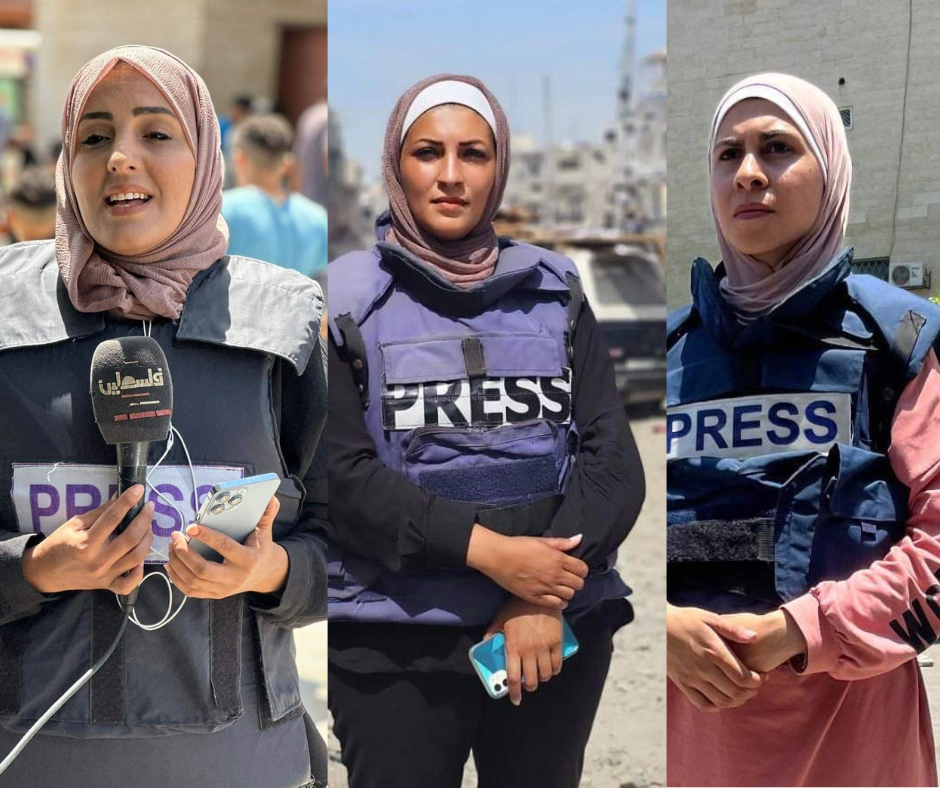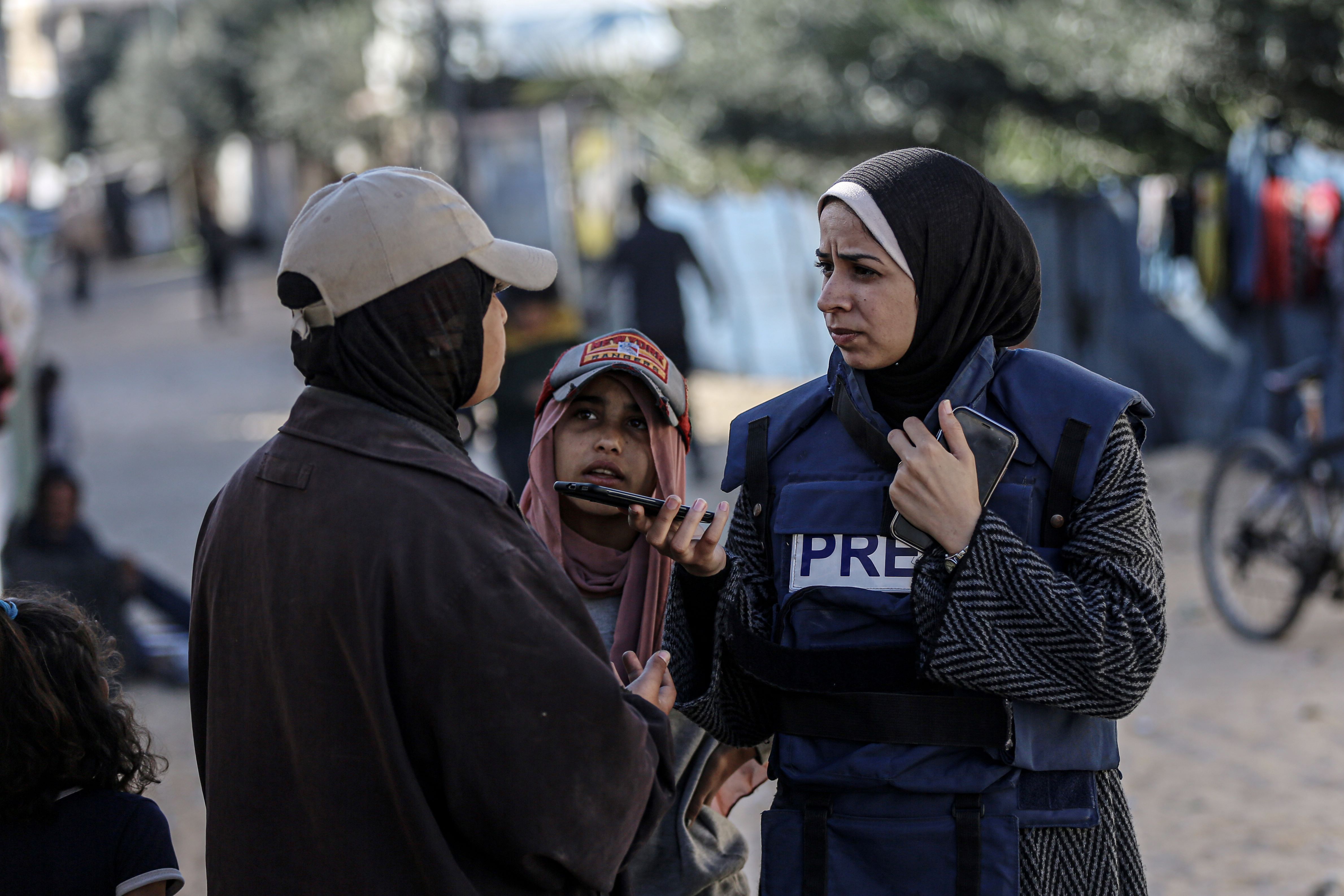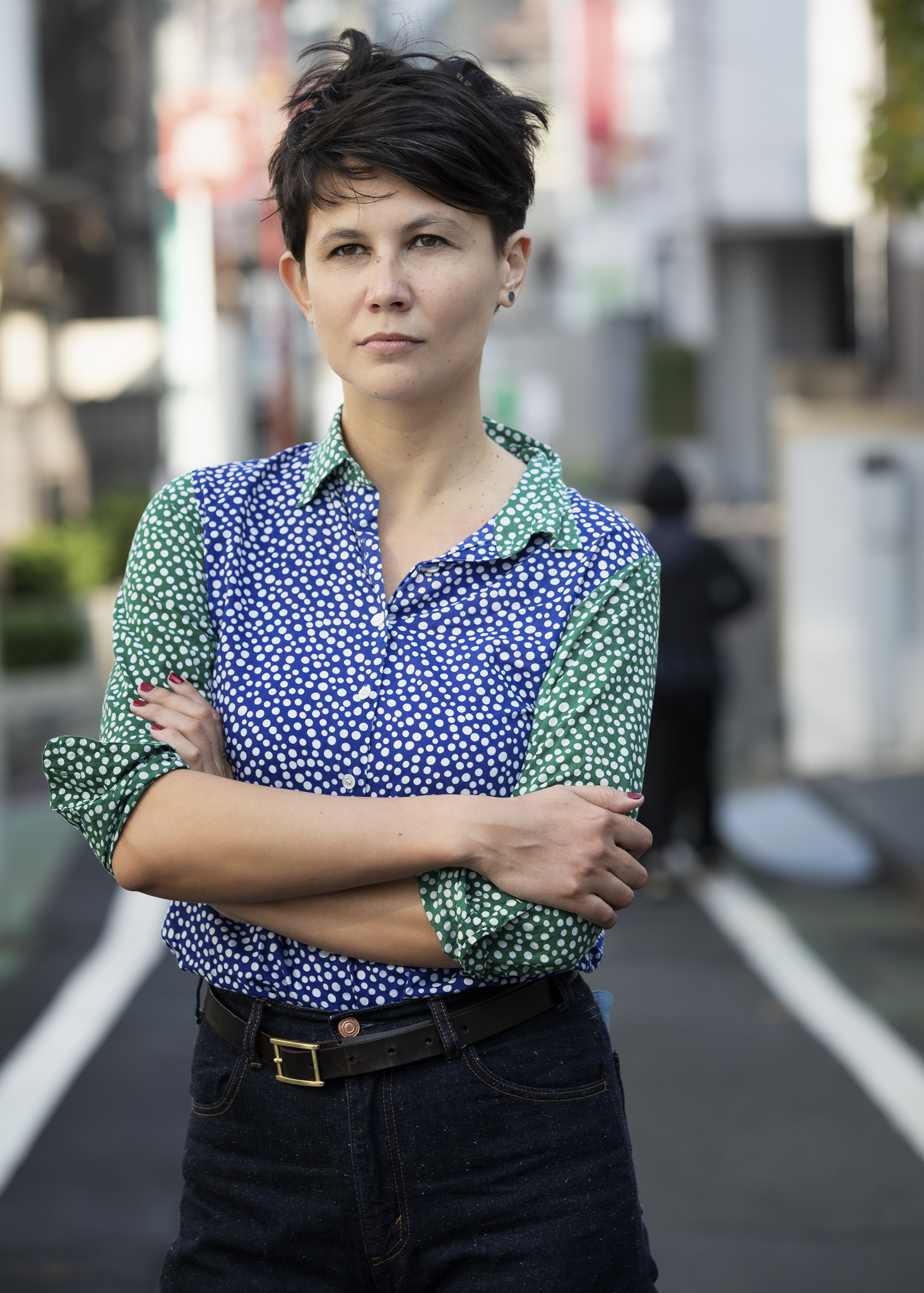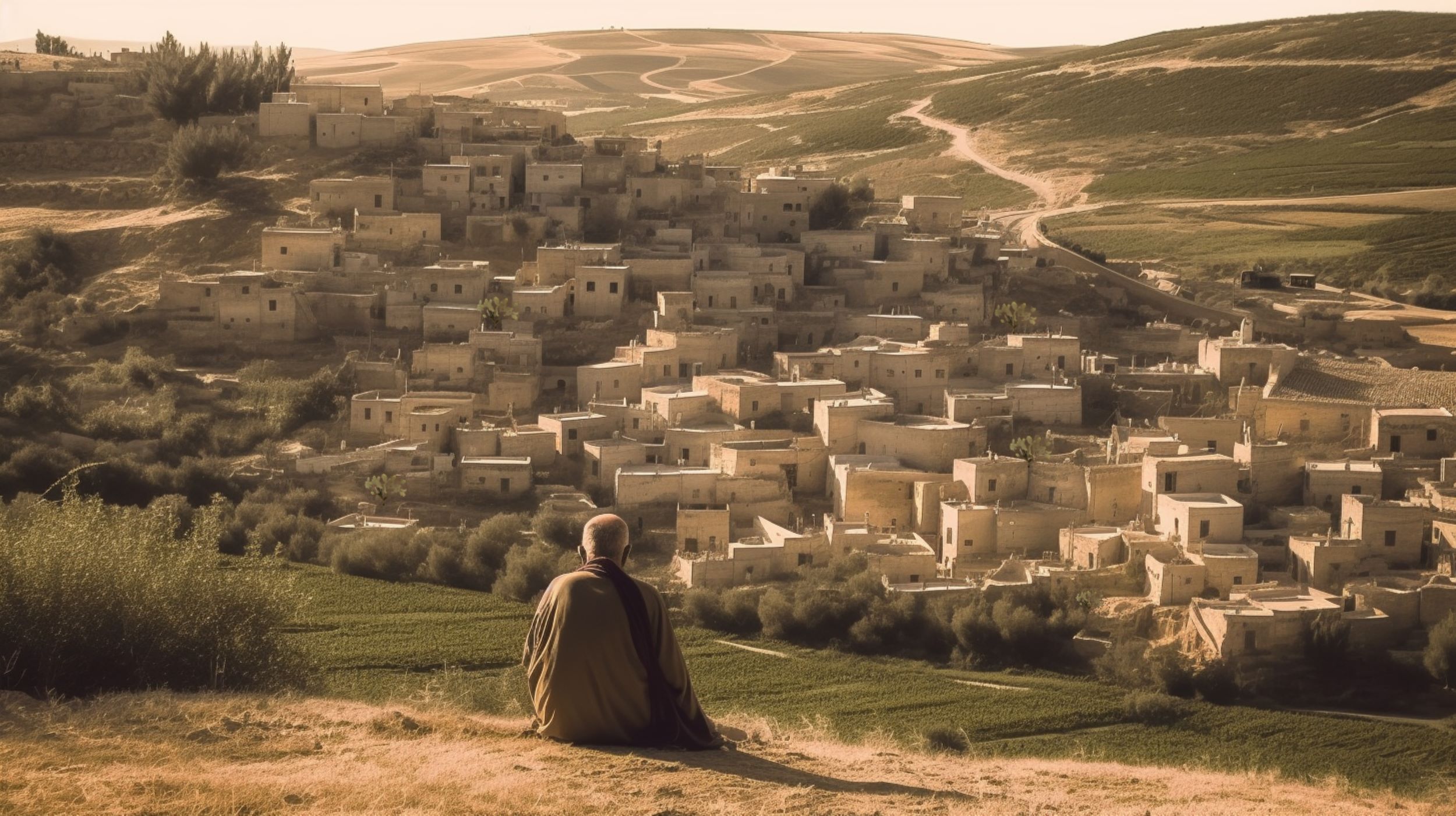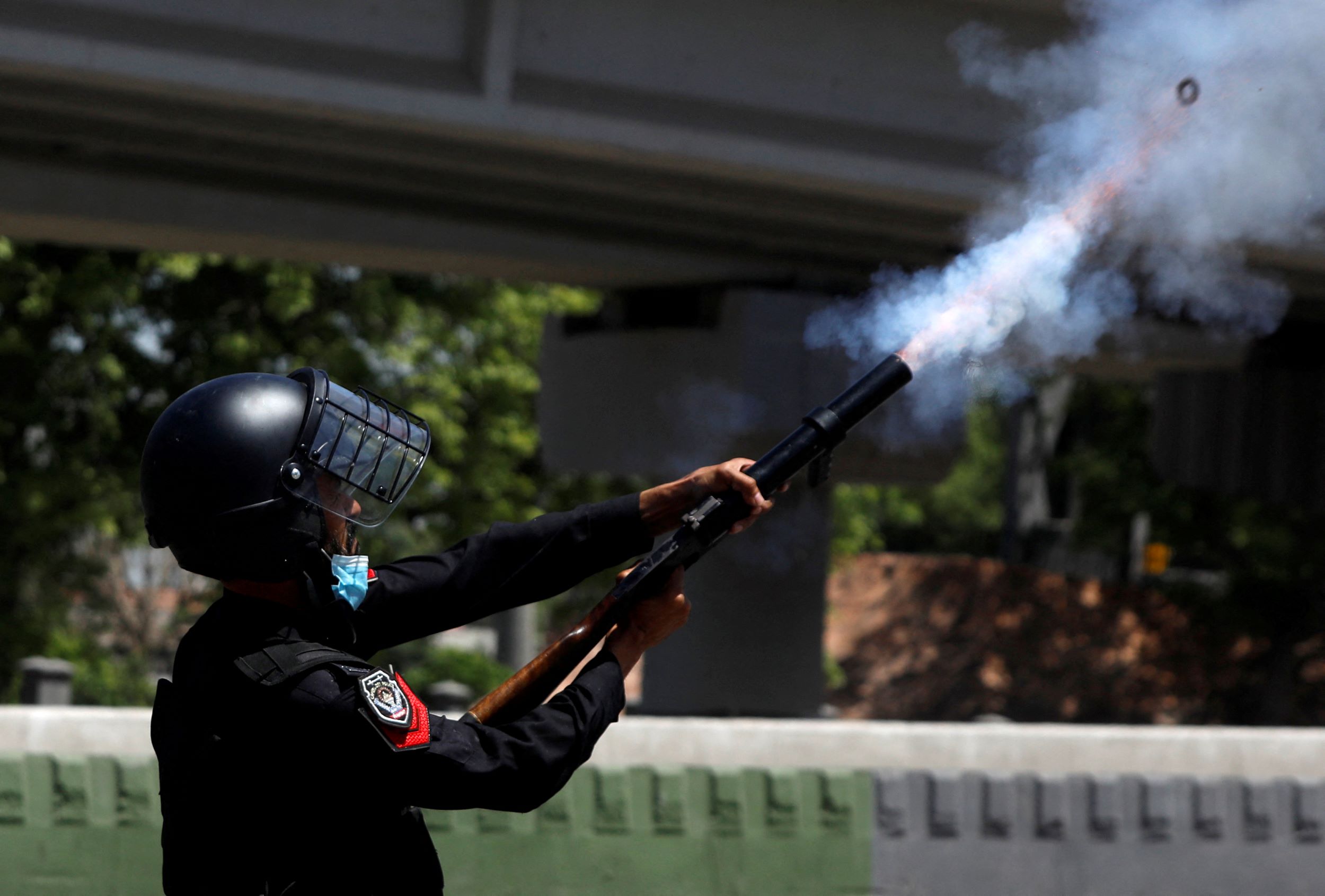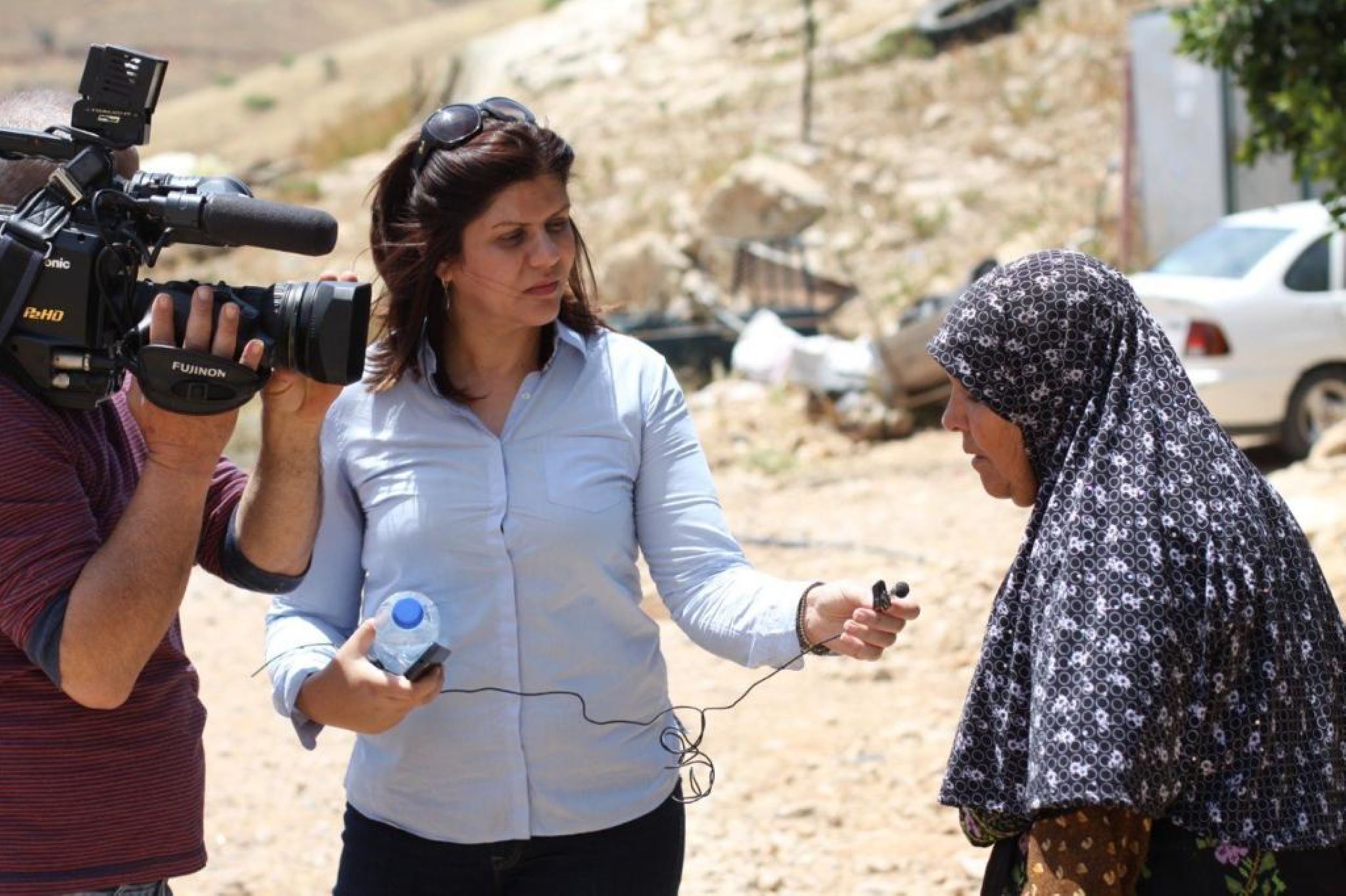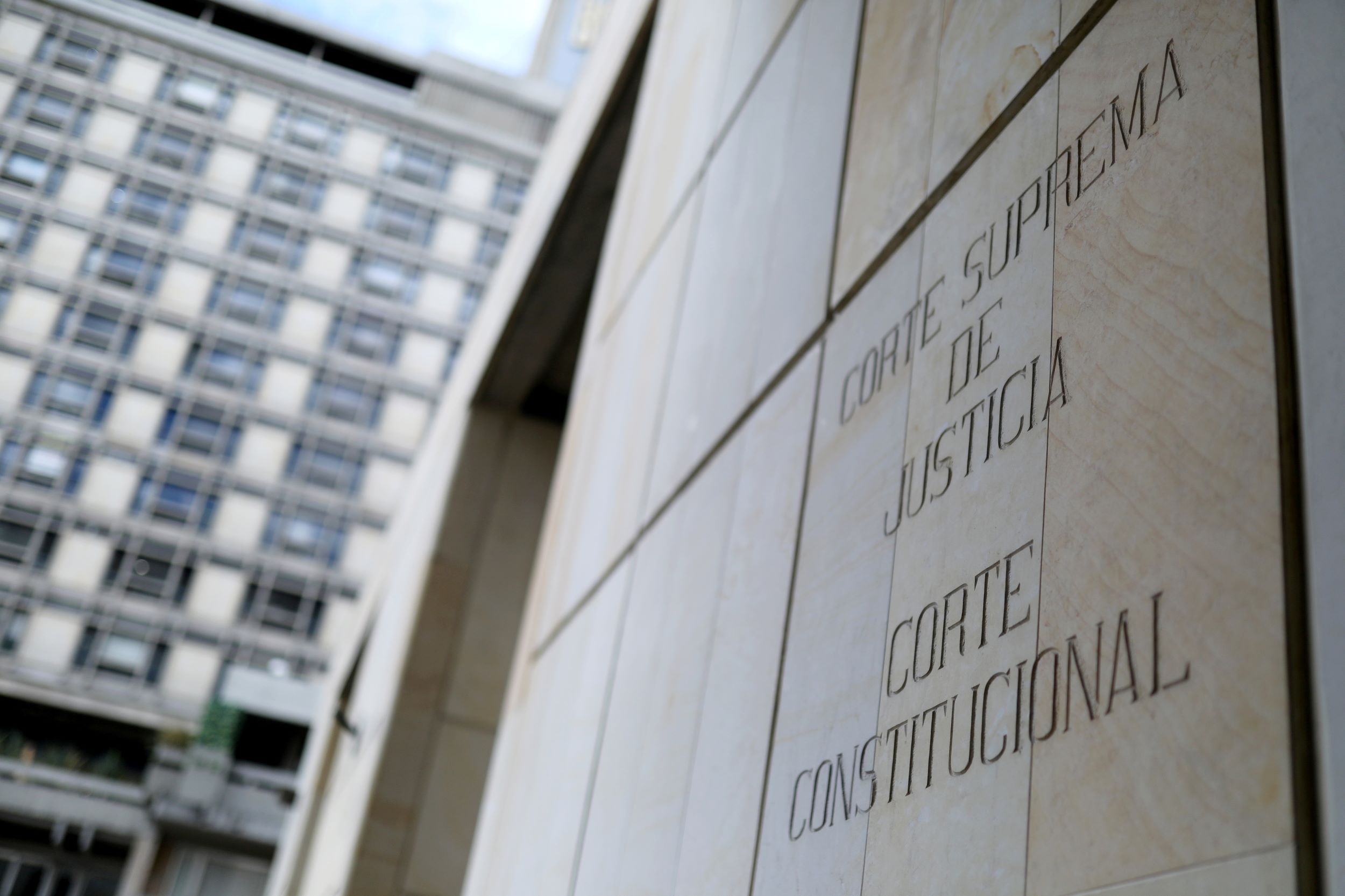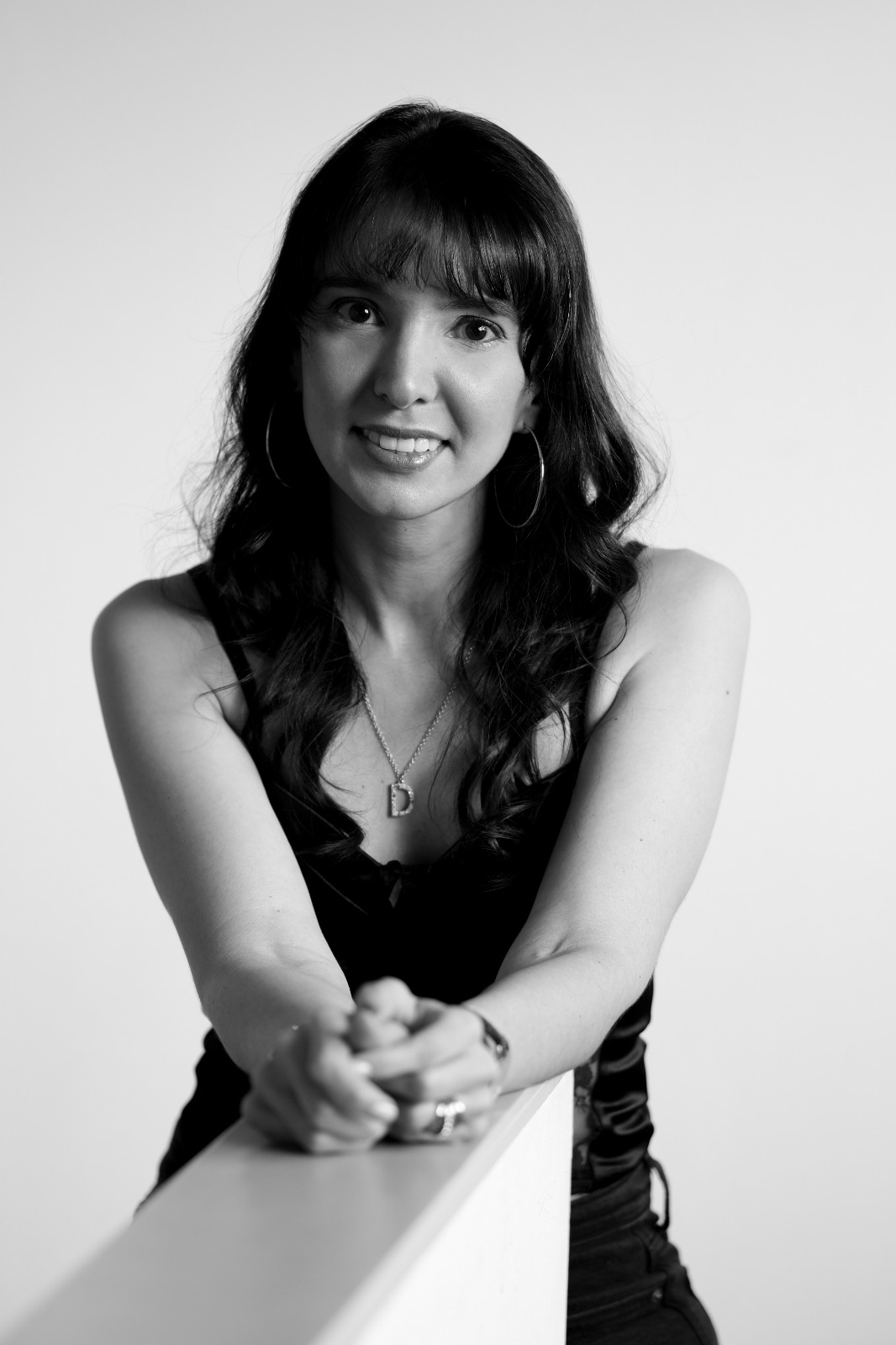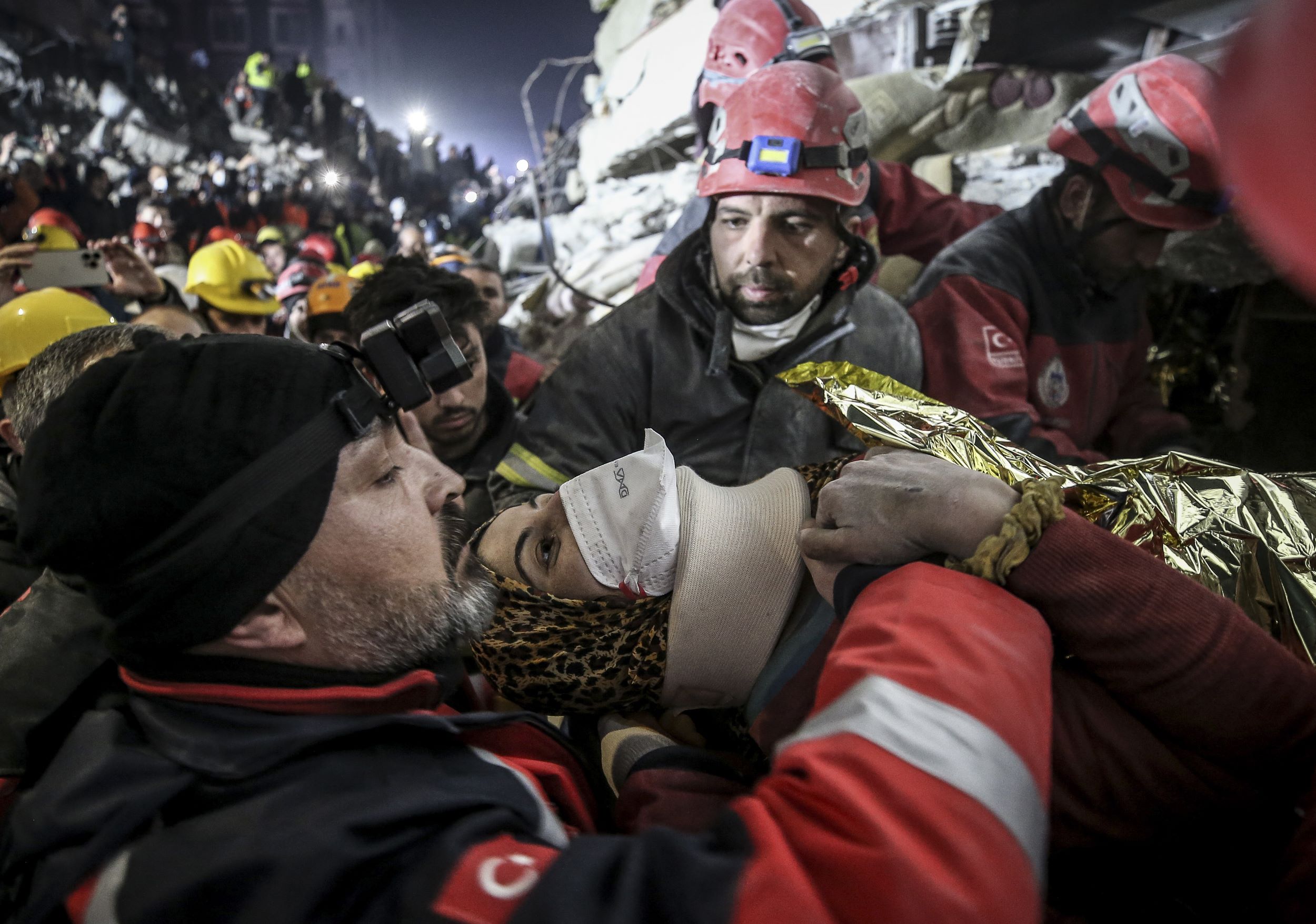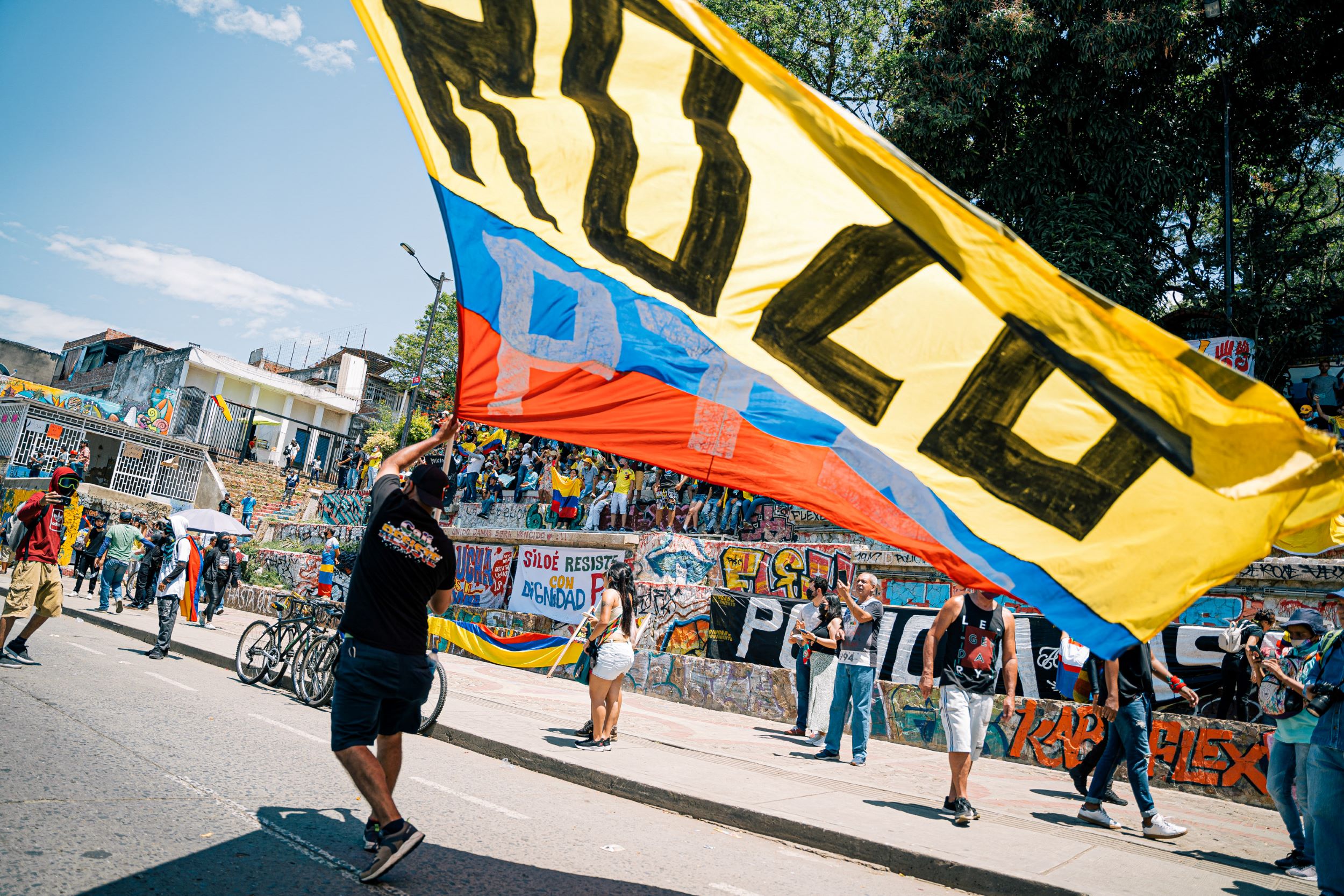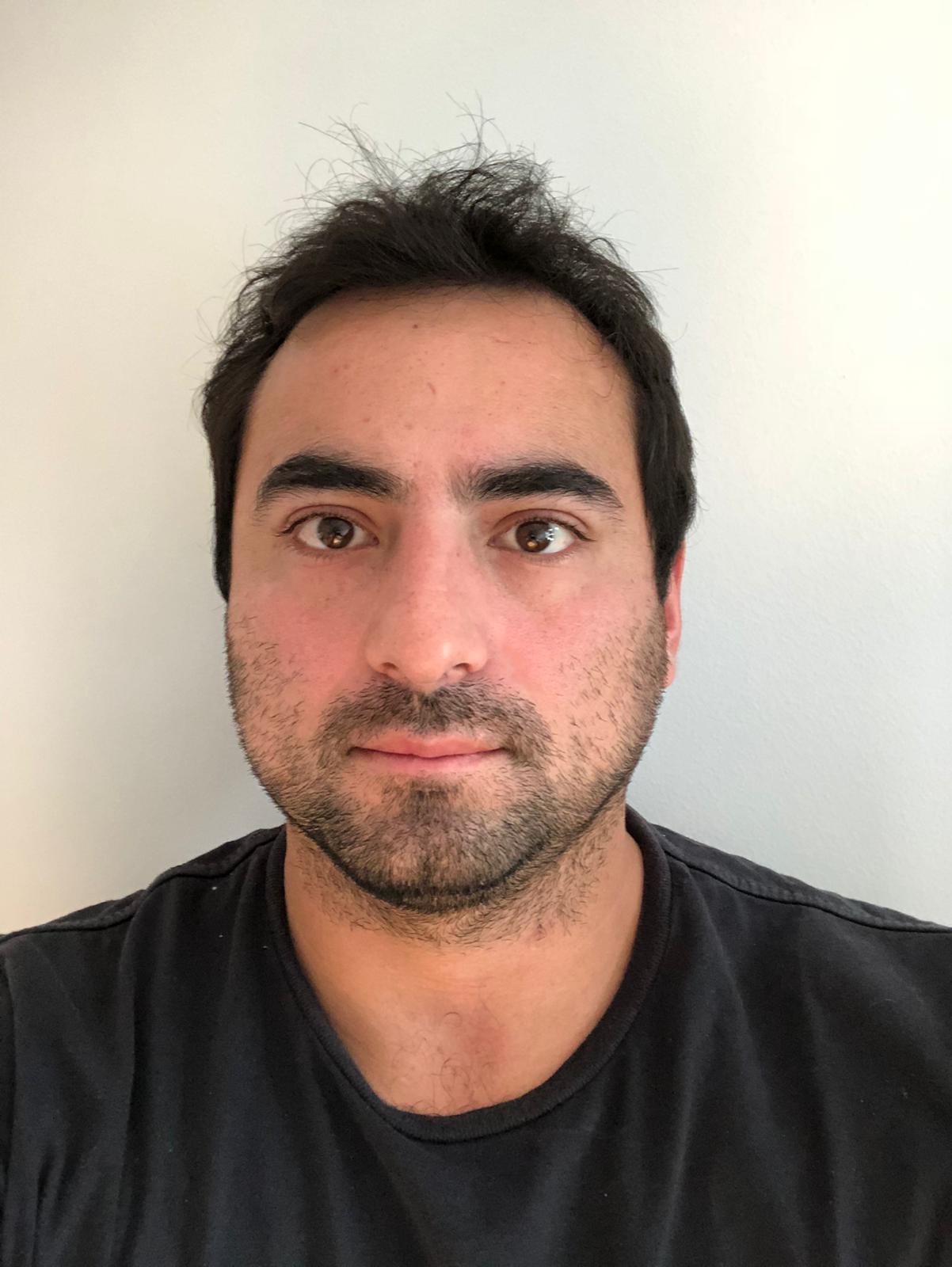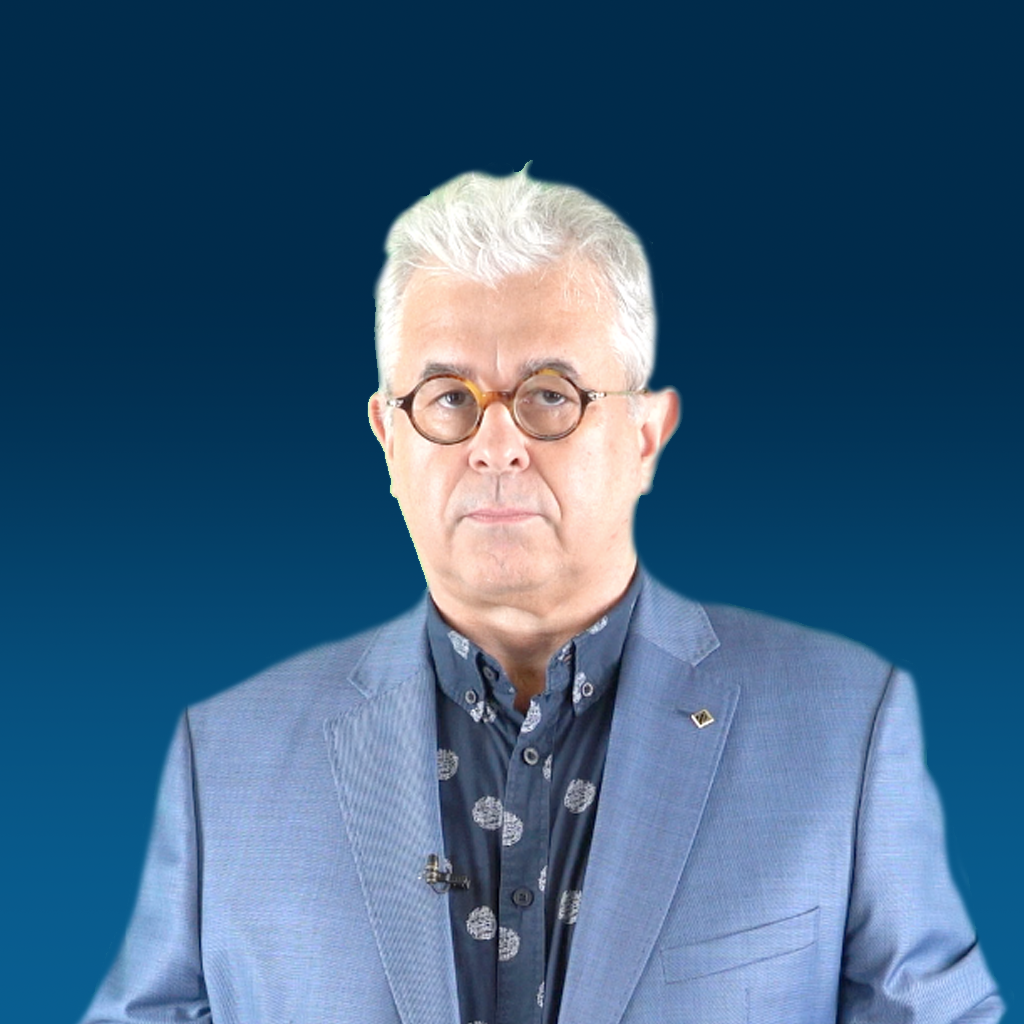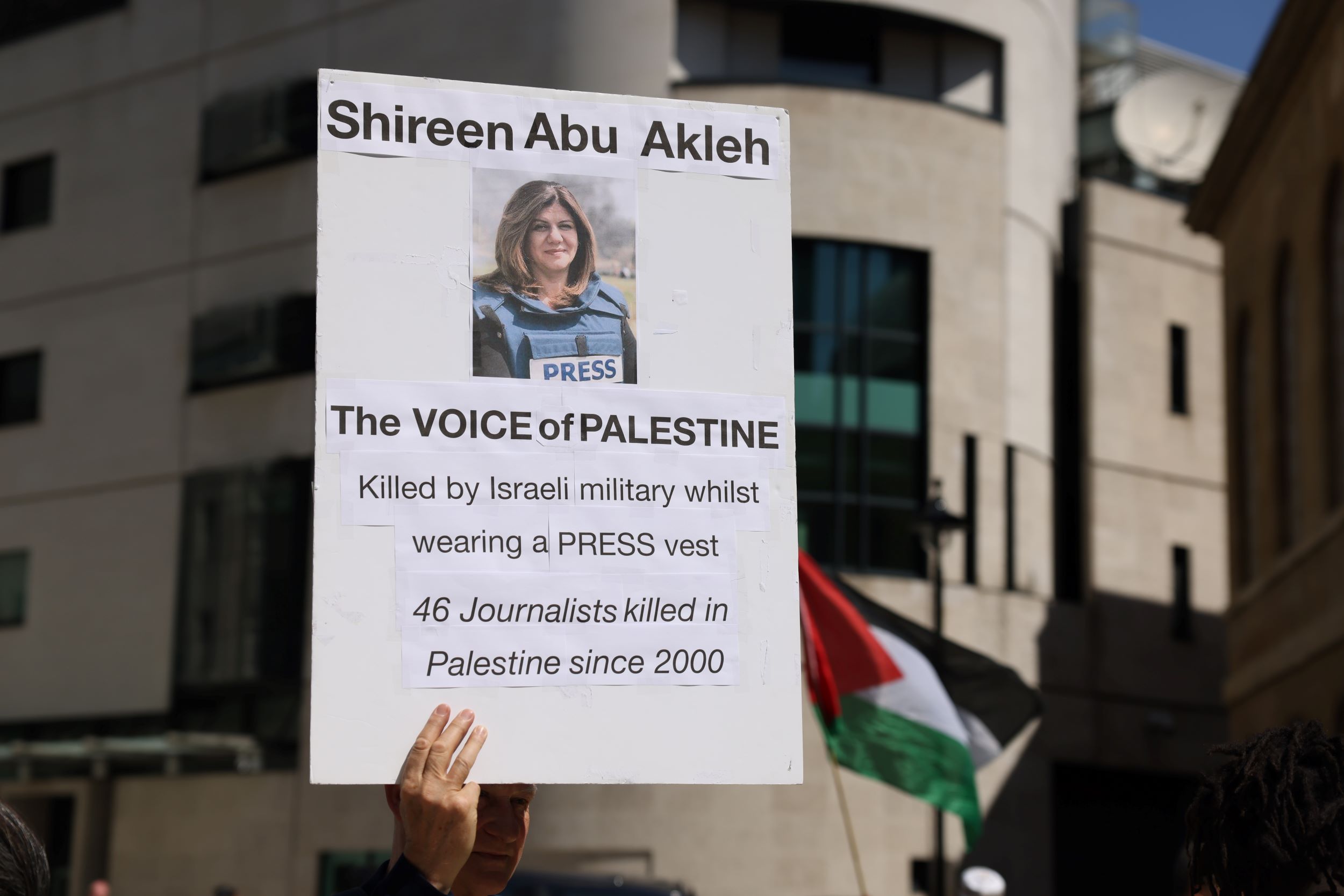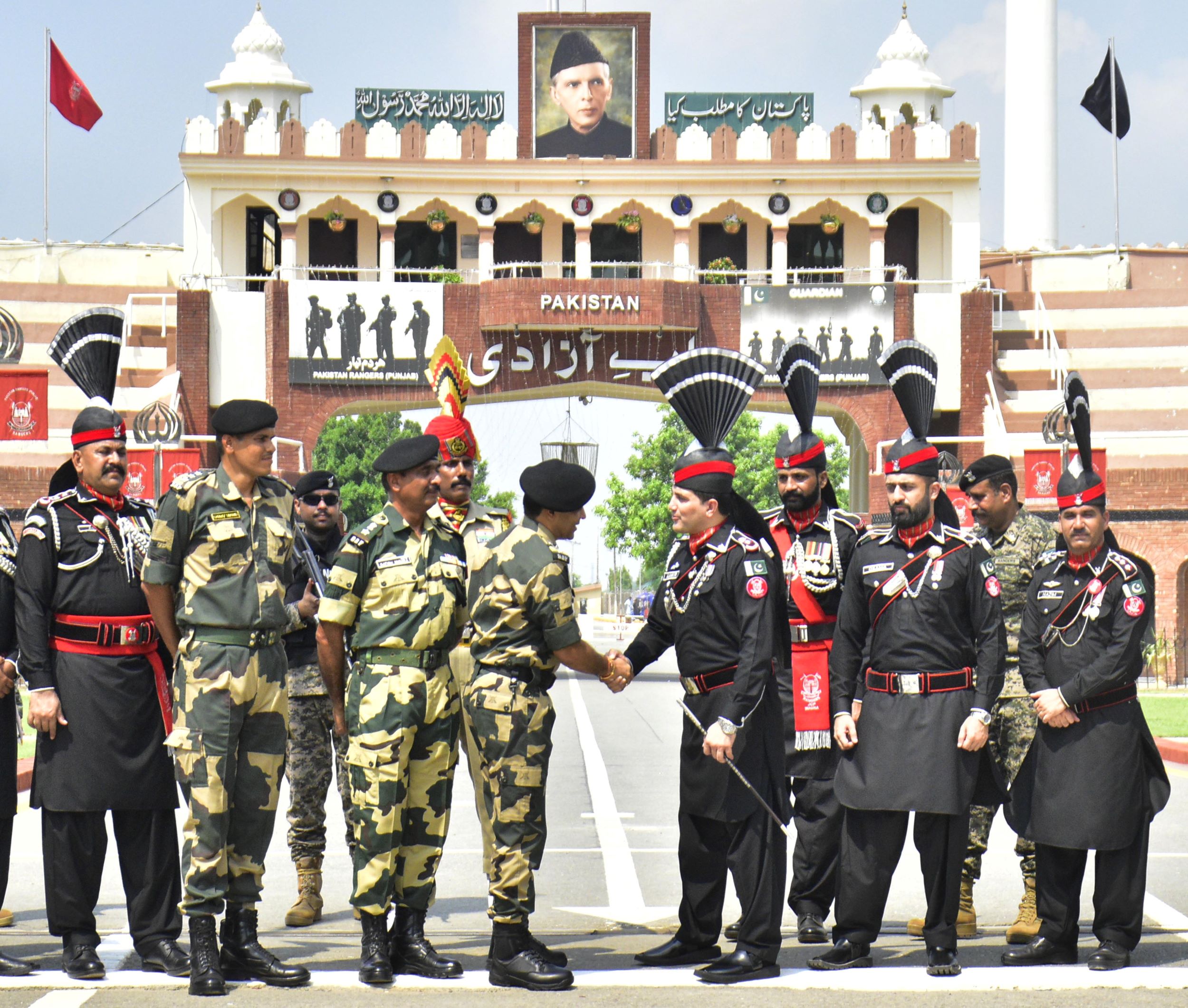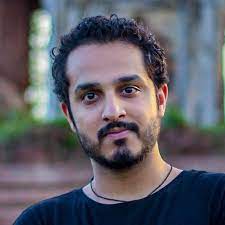من أهم القيم الخبرية (News Values) هي قيمة البعد الإنساني (Human Interests) حسب رأيي، لأن لها تأثيراً مباشراً وكبيراً على حياة الناس، ومن أهم المناحي التي يشتغل بها الإعلام هو هذا الجانب الإنساني المضيء بعيدا عن أخبار الأحداث والفظائع التي هي عادة مائدة الإعلام، وبعيدا أيضا عن الإسفاف في الوظيفة الترفيهية للإعلام.
وقد حظيتُ بشرف، ومتعة، المشاركة في إنتاج قصص ساهمت في تغيير حياة كثير من الأسر والأشخاص، خصوصاً الحالات الإنسانية والمرضية التي تناولناها فأبرزناها للعالم وكنا سبباً في إيجاد متبرعين لها من حول العالم، وكلن ذلك في سلسلة (قصة إنسان) التي أنتجها قسم الميدانيات (VJs) بقناة الجزيرة الرقمية (الجزيرة بلس)، أتذكر كل القصص وأصحابها من ذوي الإعاقات والأمراض والظروف الإنسانية الصعبة، فقد كنا نتابع الأشخاص ونحرص على إيصال صوتهم، وفي أغلب الحالات يجدون من يتبرع لهم بما يغير حالاتهم، ومن أسعد الأوقات أن نقوم بقصة متابعة (follow-ups) عن أحد الأشخاص بعد أن لقي الدعم وتم علاجه أو إيجاد حل لقضيته، فنراه سعيداً فرحاً بعد حالته الأولى، خاصة إذا كان المعنيُّ طفلا، ومن هذه القصص التي ساهمتُ فيها قصة مدينة العميان (دالي كمب) في الشرق الموريتاني، فما زال كلام الأطفال وهم يتمنون رؤية أهلهم ورؤية السيارة في أذني حتى الآن، وكذلك كلام أهل القرية من العميان ووصفهم ظروفَهم المعيشية، وكم فرحتُ عندما شاهدتُ حجم التفاعل مع قصتهم، وما جلبت من تعاطف معهم واستعداد لمساعدتهم عبر العالَم، وقد قيض لهم الله من سعى في التخفيف عنهم ودراسة الجين المسؤول عن هذا العمى الوراثي.
ومن القصص التي أحزنتني ثم أفرحتني، قصة طفل مشخص بمرض يشبه مرض الشيخوخة المبكرة (Progeria)، حيث كانت تبدو عليه أعراض التقدم في السن رغم أنه طفل وكان ذلك سببا في تركه المدرسة لاستهزاء زملائه وسخريتهم منه، وكذلك لم يعد يخرج للشارع لنفس السبب وكان يعيش طفولة غاية في الصعوبة، وأهله فقراء لا يستطيعون مساعدته ولا علاجه، وعندما أنتجنا القصة وبثثناها لاقت تفاعلا كبيرا، وبعد سنة أنتجنا عنه قصة وهو في النمسا حيث تكفل محسنٌ نمساوي شاهد القصة مترجمة في القسم الإنكليزي للقناة فقرر أن يتبنى قضية الطفل، وكان متبرعون آخرون قد مكنوا الأسرة من الذهاب إلى إسطنبول قبل ذلك، فرأينا الطفل يتماثل للشفاء، يلعب ويذهب إلى المدرسة بشكل طبيعي.. وهذه أكبر جائزة يمكن أن نحصل عليها عن قصة.
كما أتذكر البنت مريانا من الأردن التي كانت تعاني من الشلل، ولم يكن في استطاعة الأسرة توفير العلاج لها الذي يكلف مبالغ طائلة، وكيف أنهم صاروا يبيعون الورود لجمع المال، وبعد أن أنتجنا القصة وجدت متبرعا وتم جمع المبلغ المتبقي وسافرت إلى أمريكا لإجراء العملية..
وكذلك تلك المرأة التونسية التي تحمل ابنها المُقعد على ظهرها يوميا لحضور دروسه في الجامعة، وكيف أثر تناولُنا لها على حياتها وحياة ابنها.
ومن مزايا هذا النوع من الإعلام هو بث الروح التفاؤلية والنظرة الإيجابية للحياة في المجتمعات، وأن العالم بخير رغم كل ما يجري من حروب ومجاعات وفظائع، وإلهام المتلقين للقيام بدور إنساني مجتمعي، فعندما نشاهد هذه القدرة على التأثير الإيجابي، نتفاءل بقدرتنا أيضاً على عمل شيء للناس والتطوع للمساعدة، لتخفيف ألم، أو إنقاذ شخص، أو على الأقل المواساة، كما أنه ينشر ثقافة الإنسانية والرأفة والمسامحة فضلا عن التعريف بأهمية التبرع والتطوع.
الأمثلة كثيرة في هذه السلسلة وهي موجودة على منصات الشبكة الرقمية، وهي عندي من أهم أسباب السعادة أن تحس أنك تُحدث تأثيراً إيجابياً على كثير من الأشخاص المحتاجين، فتكون سببا في إزالة معاناتهم وتفريج كربهم، ولا شيء يعدل عندي ذلك الشعور، خصوصا أنهم أشخاص لا تعرفهم ولا تربطك بهم أية أسباب شخصية غير الإنسانية، فهم من دول وخلفيات وأعراق وثقافات متنوعة.

